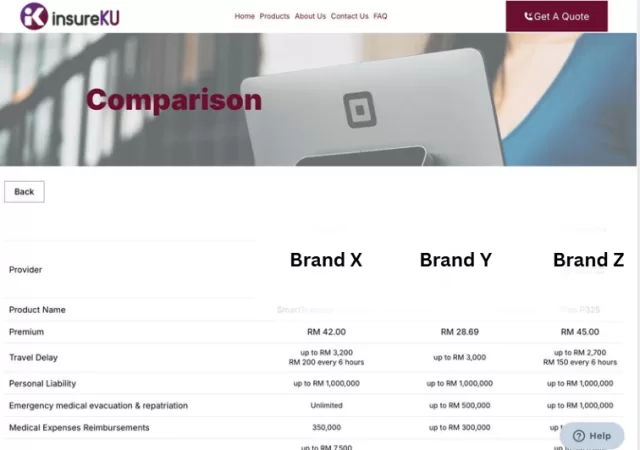 |
The increasing threat landscape is forcing IoT implementors and vendors to embrace and prioritize new hardware-focused digital security options
LONDON, July 2, 2020 — By 2026, IoT connections will exceed 23 billion across all major IoT markets. Almost all those connections will be faced with incessant and constantly evolving cyber-threats, forcing implementers and IoT vendors to embrace new digital security options to protect managed fleets and connected assets. Secure device authentication currently stands among the top-tier investment priorities for key IoT markets. Global tech market advisory firm, ABI Research, expects that hardware focused IoT authentication services will reach US$8.4 billion in revenues by 2026.
“There are several key technologies revolving around authentication security that currently transform the IoT device value chain. Chief elements among them revolve around IoT identity issuance, provisioning, authentication, encryption key lifecycle management, access management and attestation,” explains Dimitrios Pavlakis, Industry Analyst at ABI Research. These are the prime focus of IoT vendors who capitalize on the emerging threat horizon to better position their services and explore new IoT monetization models.
“As it currently stands, the IoT is not a secure place for future deployments and both IoT players and digital security vendors are aware of that,” comments Pavlakis. “The good news is that the recent change in thinking has caused a noticeable mentality shift and investment surge for secure authentication technologies across the IoT ecosystem; the bad news is that this also gives rise to many IoT management offerings with questionable levels of security and intelligence.”
IoT authentication services need to consider a plethora of variables, sharing both operational and connectivity as well as security characteristics. “Just because cybersecurity investments need to enter deeper into the IoT deployment equation does not mean that operational variables will be left unaccounted,” explains Pavlakis. “Bandwidth capacity, connectivity requirements, operational specifications and device heterogeneity, digital footprint and processing power, edge-cloud dependencies, telemetry and intelligence are all key factors that need to be addressed to obtain a sustainable growth for the IoT going forward.”
Many IoT security vendors are taking advantage of the recent IoT investment surge to increase their market footprint and deliver security-first authentication and management services for the IoT supported by a multitude of flexible pricing models. Market leaders and innovative companies offering IoT security services operating in different areas of the IoT value chain include Intel, Microsoft Azure, Amazon Web Services, Entrust Datacard, Rambus, Data I/O, and Globalsign.
These findings are from ABI Research’s Device Authentication in IoT technology analysis report. This report is part of the company’s Digital Security research service, which includes research, data, and ABI Insights. Based on extensive primary interviews, Technology Analysis reports present in-depth analysis on key market trends and factors for a specific technology.
About ABI Research
ABI Research provides strategic guidance to visionaries, delivering actionable intelligence on the transformative technologies that are dramatically reshaping industries, economies, and workforces across the world. ABI Research’s global team of analysts publish groundbreaking studies often years ahead of other technology advisory firms, empowering our clients to stay ahead of their markets and their competitors.
ABI Research提供开创性的研究和战略指导,帮助客户了解日新月异的技术。 自1990年以来,我们已与全球数百个领先的技术品牌,尖端公司,具有远见的政府机构以及创新的贸易团体建立了合作关系。 我们帮助客户创造真实的业务成果。
For more information about ABI Research’s services, contact us at +1.516.624.2500 in the Americas, +44.203.326.0140 in Europe, +65.6592.0290 in Asia-Pacific or visit www.abiresearch.com.
Contact Info:
Global
Deborah Petrara
Tel: +1.516.624.2558
[email protected]
Related Links :






